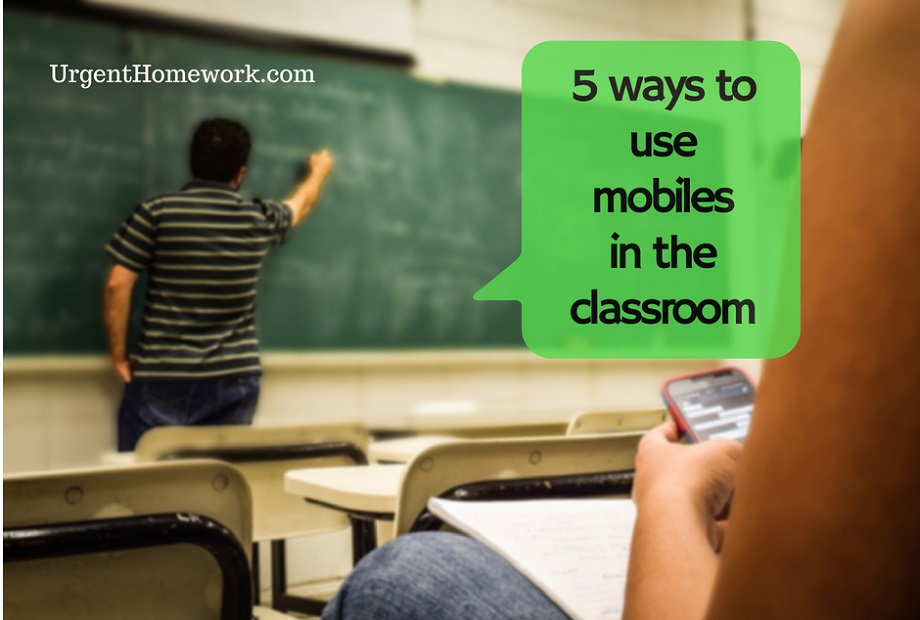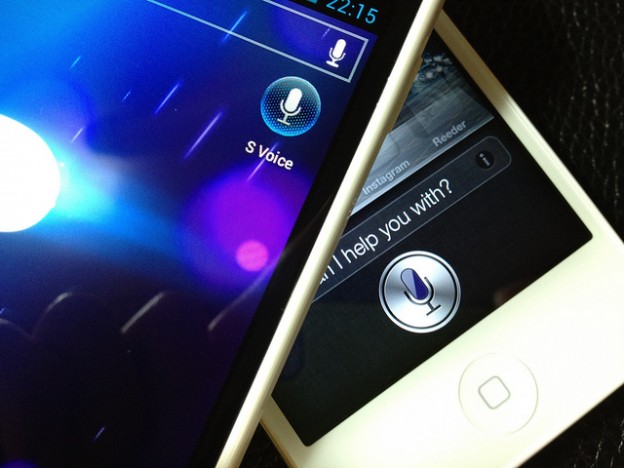Mobile phones are considered to be the biggest hurdle in a student’s life. On one hand, the rare arrival of an emergency and the now popular socializing habits make the mobile box an indispensable possession, while on the contrary, the same proves to be highly disastrous for academic grades of students.
The social networking websites such as Facebook and Twitter have their mobile applications as well which are way more easily accessible. Not only the social sites but also other websites particularly email hosts, storage drives and reading societies have their respective applications. These may sound like distractions but eventually, they turn out to be useful in many instances.
However, the more user-friendly an app becomes, the more dependable the user grows. Students do not know how to exactly use these incorrect contexts and at this point, teachers should take the initiative to swing the cradle of technology into a boon.
For a long time now, mobile phones have been banned in schools or classrooms specifically. Undoubtedly, the sole purpose of it is increasing the concentration of students towards their textbooks and teachers. However, lately cases of students sneaking in their cell phones have been increasing continuously.
Apart from that, keeping in mind the lucrative advantages of the latest technology, the time has come to use mobile phones in the classroom for engaging students in a lively and interesting academic environment.
Here I discuss 5 ways of using cell phones in the classroom.
1. Digital calendars–
One of the most annoying and unfortunately most prevailing habits of a student in the habit of forgetting important dates. These include assignment deadlines, revision tests and exam schedules.
Quite many applications of digital calendars are available in the online market. Also, almost every android comes with a pre-installed calendar app.
Students can use this app to remember important dates. Moreover, few good apps have the feature of an alarm which rings on every important date marked with a certain label.
Teachers can also make a common schedule for all the students during class such as reminding them of assignment deadlines. Students can also make their personal timetable for when they are not in class.
2. Messaging-
This might not be considered an academically healthy practice by teachers since it may distract students from the major topic of discussion. However, if rightly used, this can be a huge success.
Teachers can allow students to form a class group via a widely used messaging app such as Whatsapp or hike. Using this group, the teacher can start discussions related to the course of study. Teachers should also send assignments and attempt to clear doubts through this method.
Students should be encouraged to form their own mini groups and discuss the course matter among themselves. This is will increase the communication skills of students as they will have an opportunity to express their opinions on the topics studied in class. Group debates can also be carried out in this form.
However, teachers should closely monitor the activities of each group so as to ensure healthy competition. Teachers may also use this method to provide internal marks for students.
3. Audio recording-
On a few occasions such as when important topics are being taught in the class by the teachers, students should be allowed to do an audio recording of the lecture. They can revise the lecture and make notes as homework or even an assignment.
This method proves to be quite helpful for students are required to visit the same topic any numbers of times while listening to the recording, making notes and this recapitulates their minds. Hence, they tend to remember these topics better than others.
For example, one memorises the lyrics of a song while listening to it repeatedly. Similarly, students stand a chance of having the important topics on their fingertips.
Also, listening to the recording might clear any doubts in the mind of the student thus saving the time and effort of the teacher.
4. Study apps-
What keeps a teenager hooked on his mobile phone? The answer to that is the applications. The multi-versed apps which run over internet drive one towards eminent technology and keep one interestingly busy.
However, while there are apps which are nothing short of time waste, we also have apps which are impressively versatile. One category of these being the study apps.
These applications are specifically made for students and also, if used properly, for teachers. They contain short notes, important points, common questions and answers, and many tests. Students should be encouraged to download these apps.
In the classroom, the teacher can recommend a similar app for all the students and then use it as a medium to revise the chapters or even for taking practice tests.
However, the teacher must use the app himself or herself before recommending it and check if it contains correct information about the topics taught in class. Not doing so may cause confusion among students.
5. Promote Ebooks-
One of the reasons children loathe going to school is the heavy school bag. As advancement dawns upon the society, subjects keep on increasing in the academic courses which eventually increases the number of textbooks one has to carry.
This problem can be sorted out by promoting the use of Ebooks by students in their respective mobile phones. It also decreases the economic value of education along with increasing ecological value of our planet.
If regularly updating Ebooks are encouraged in classrooms, students shall acquire an interest in going to the class. Also, Ebooks allows students to study even while they get a little time outside like when are travelling in a bus or taxi.
The sole purpose of ebooks is making education economically cheap as well as handy.
Use of mobile phones in the classroom will help technology and learn to make a perfect combination. As surprising as it sounds, if students are hooked to a device for a few reasons, it is best to keep those reasons in mind while designing a classroom program which involves mobiles and studies.
However, it is best for a teacher to make sure if all students are able to use the applications and prepare for a lecture to make all of them proficient in the same if required.
Moreover, the teachers should take care that the students do not indulge in other activities while using their mobile phones in class.
On a different note, using mobiles in classrooms should not, at any cost, become an obstruction for a smooth learning process for students and also, it should never surpass the teacher’s lecture. The notes made during the teacher’s lecture should be given the highest priority while studying and the mobile phone should be used only as a tool to enhance the quality of learning.


